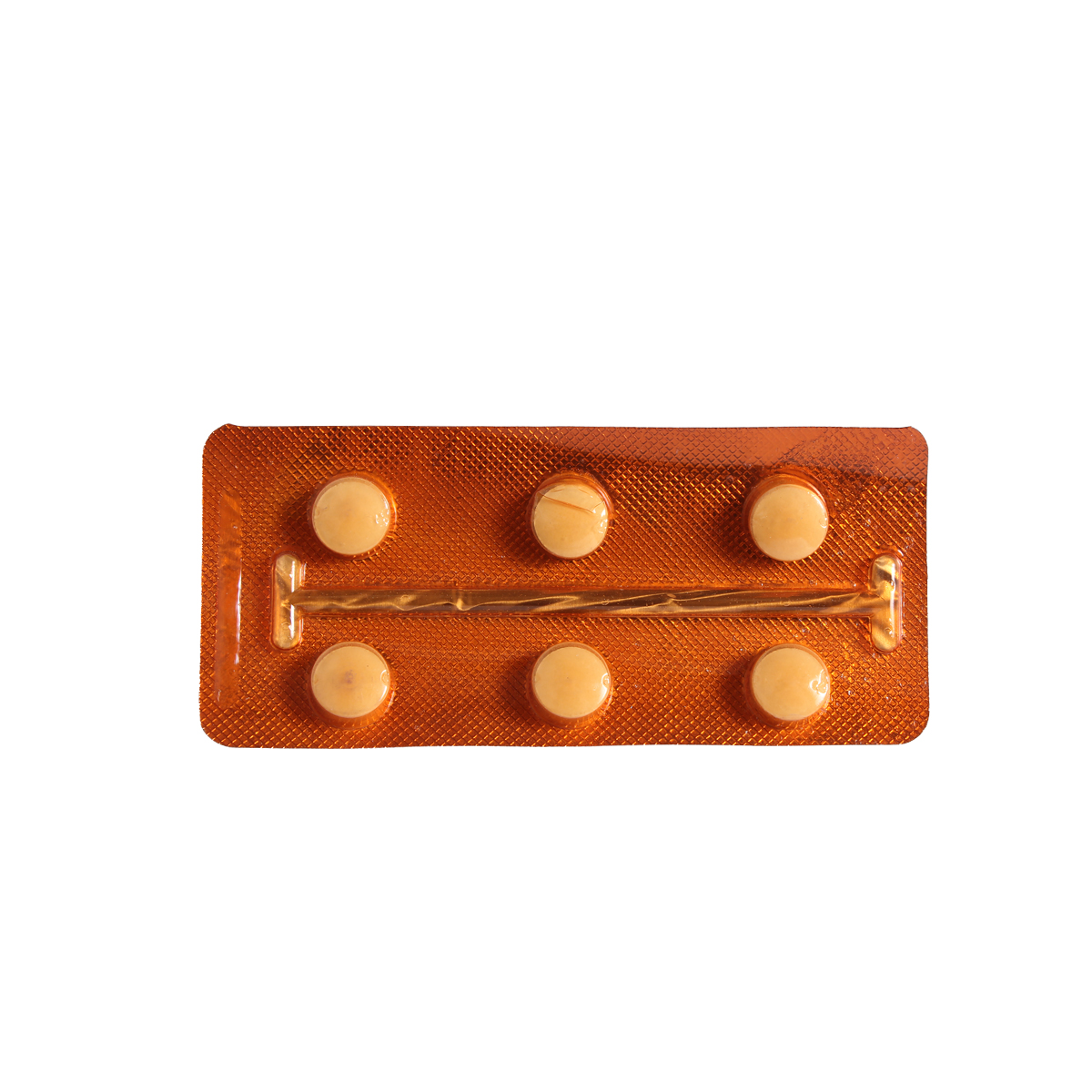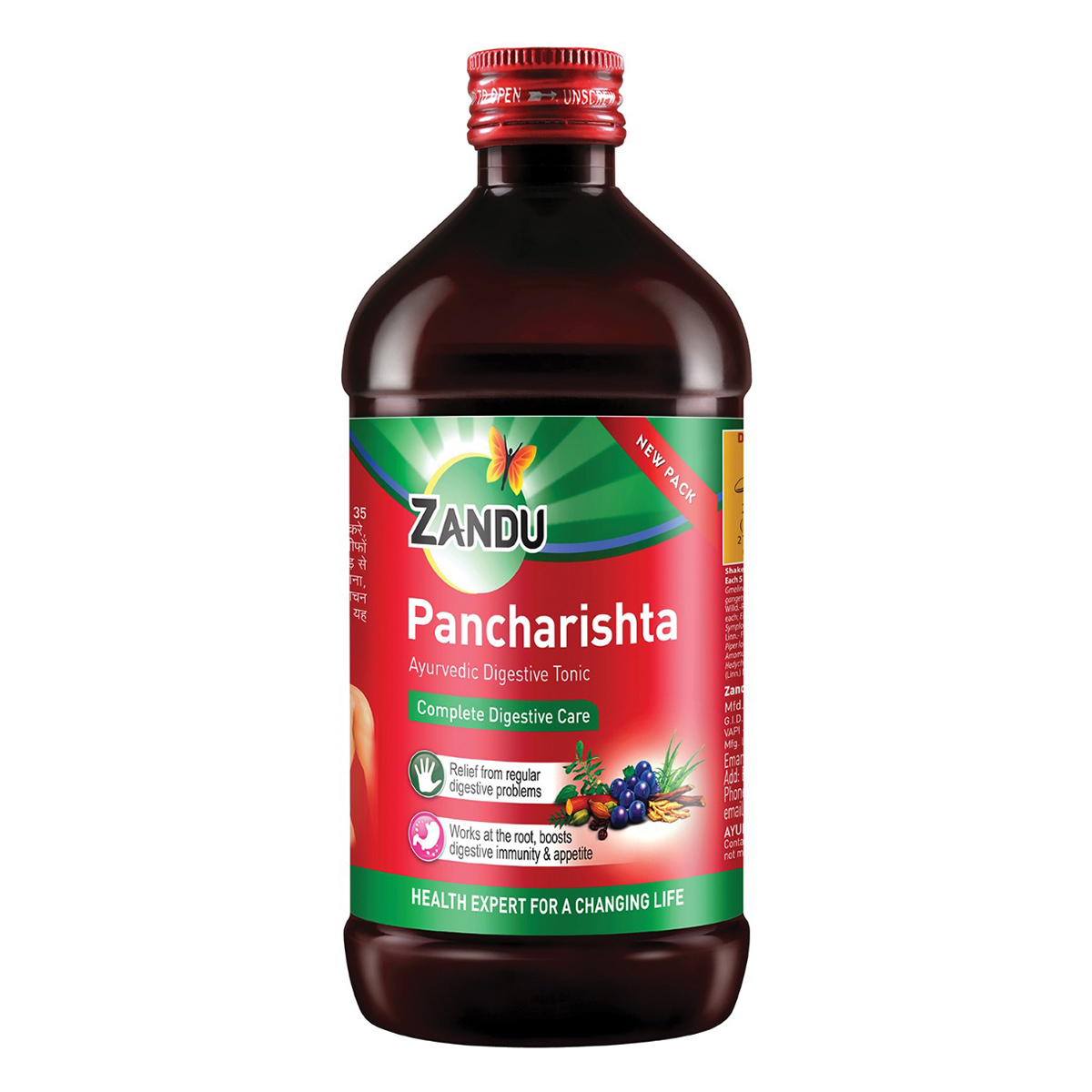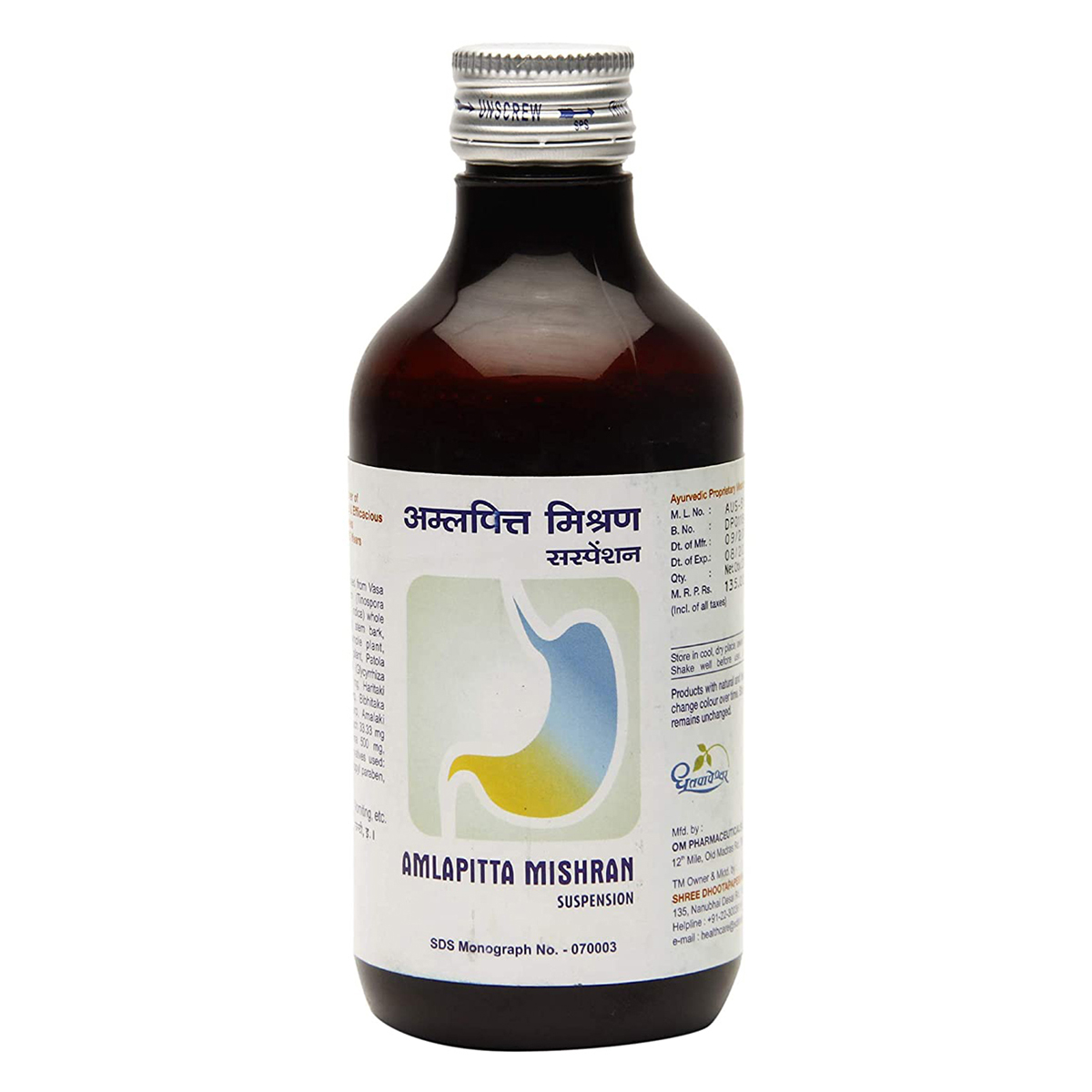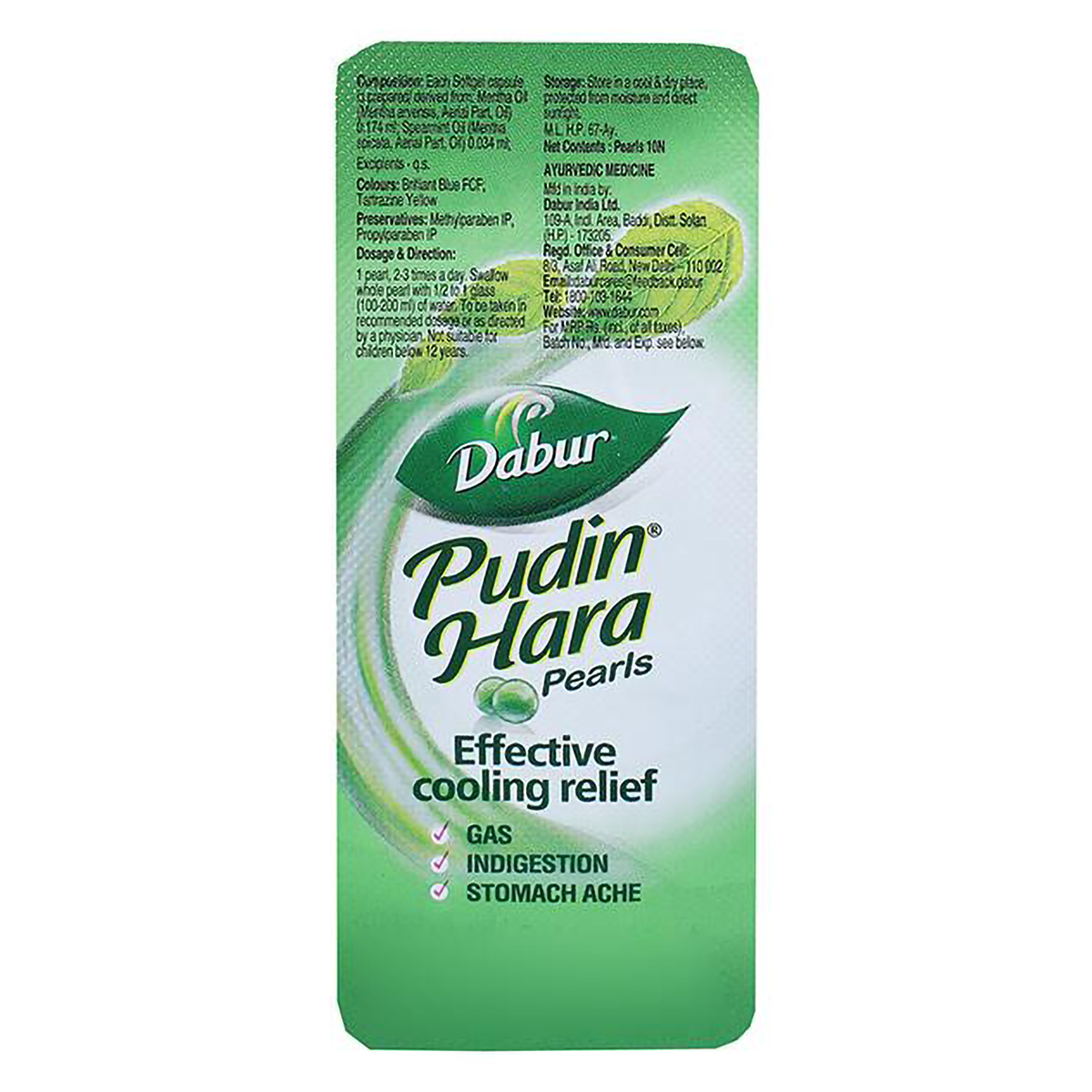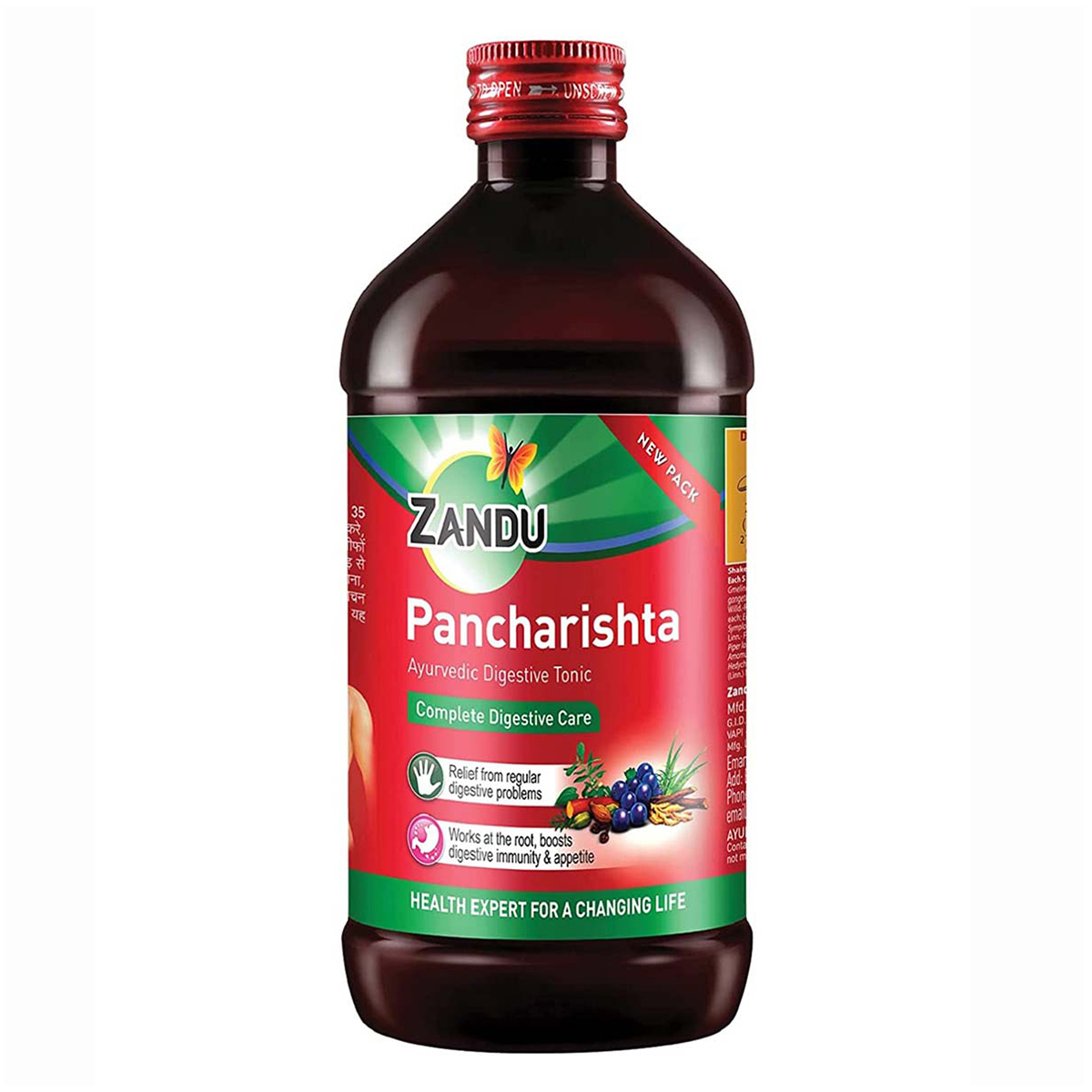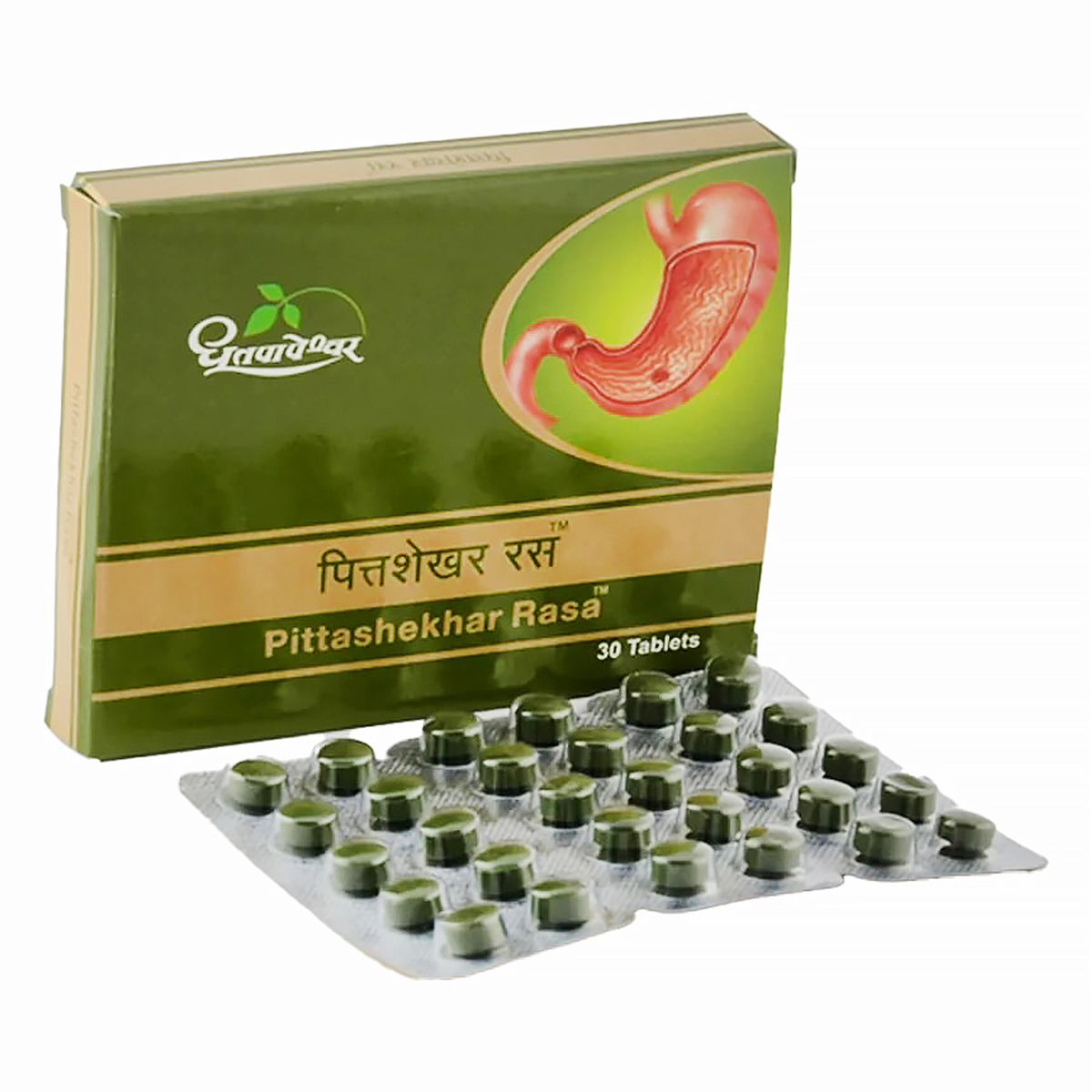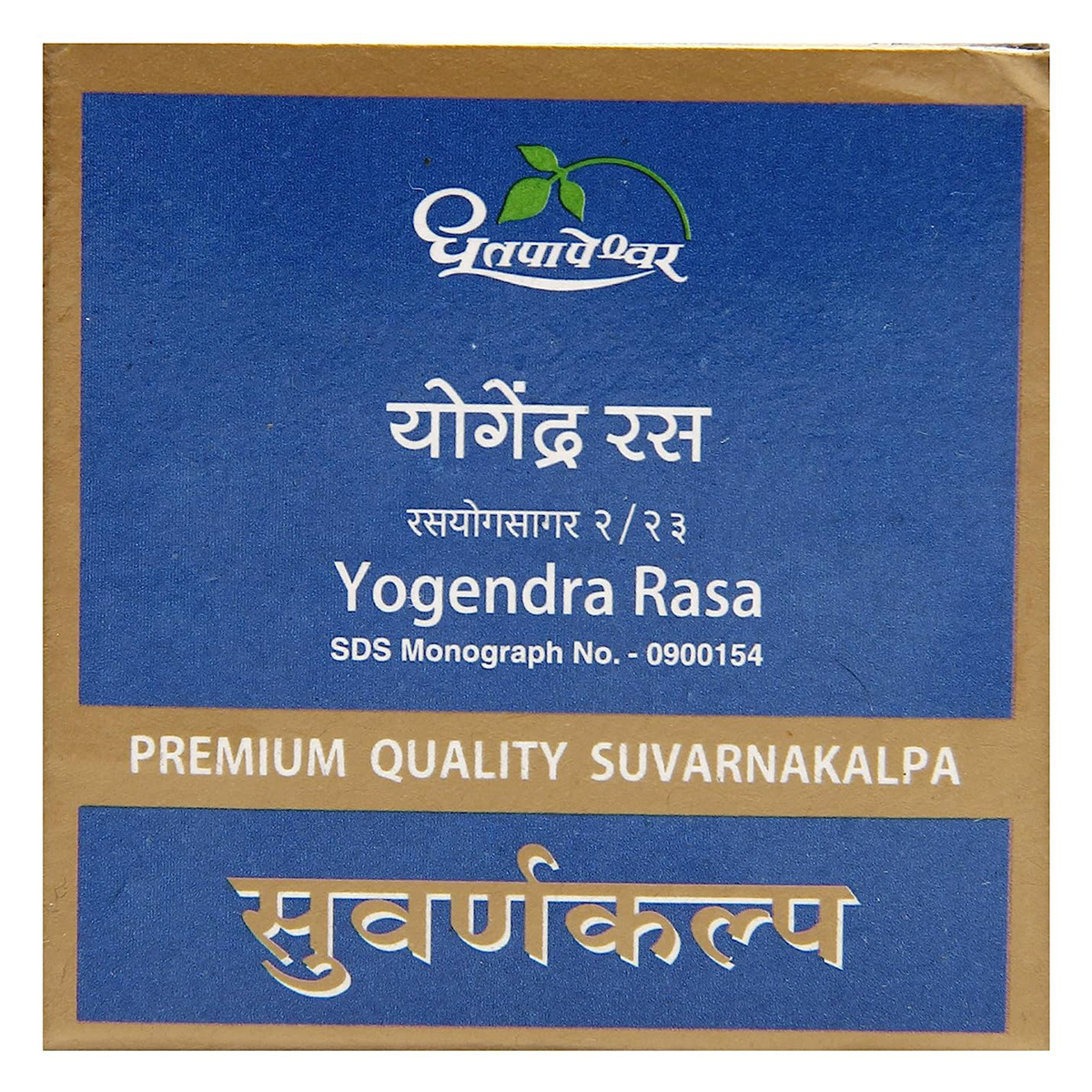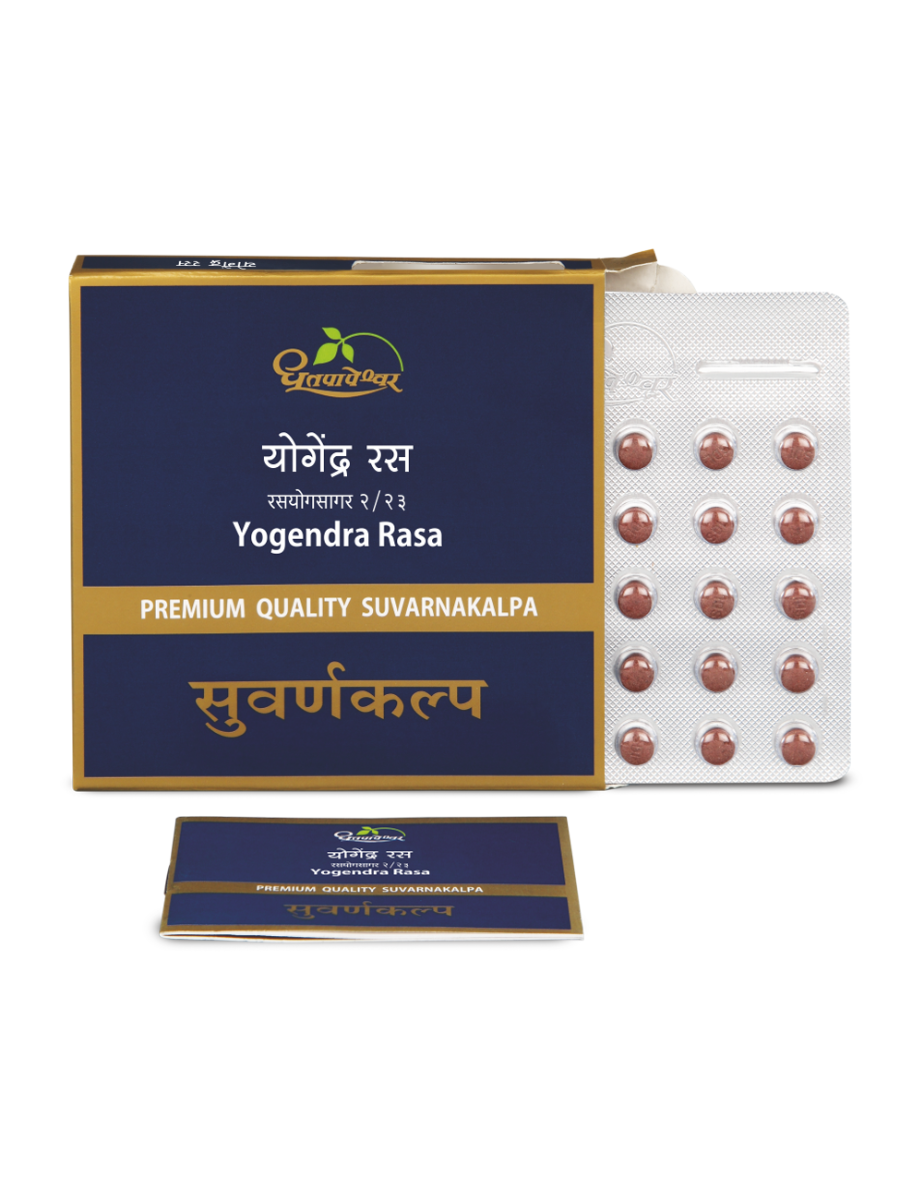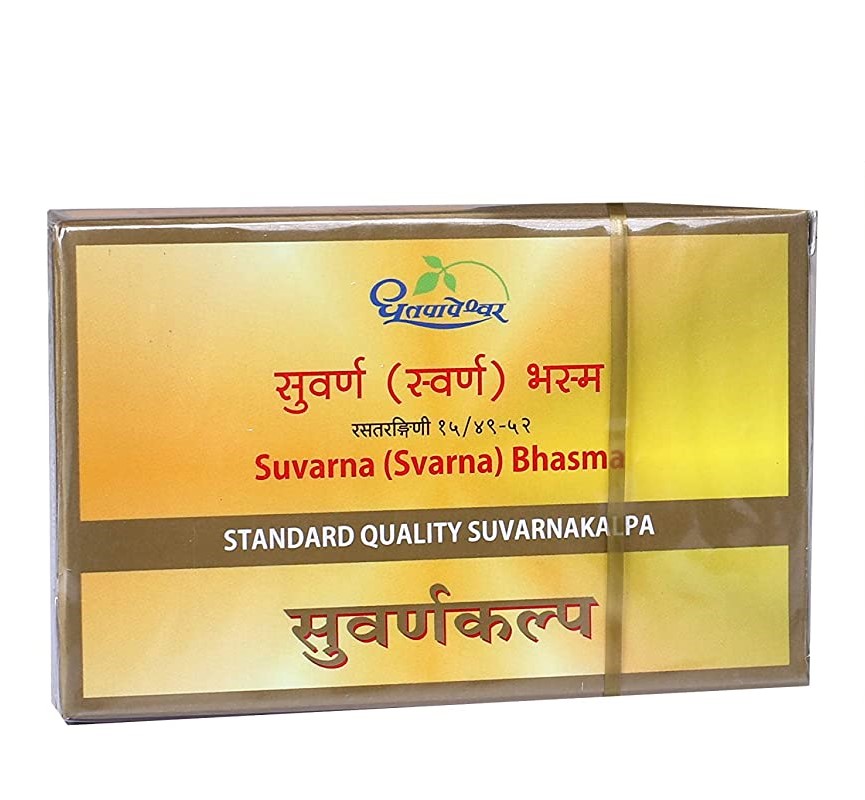NIZONIDE DT 200MG TABLET
Composition :
Manufacturer/Marketer :
Consume Type :
Expires on or after :
Return Policy :
MRP ₹61.5
(Inclusive of all Taxes)
₹9.2 Cashback (15%)
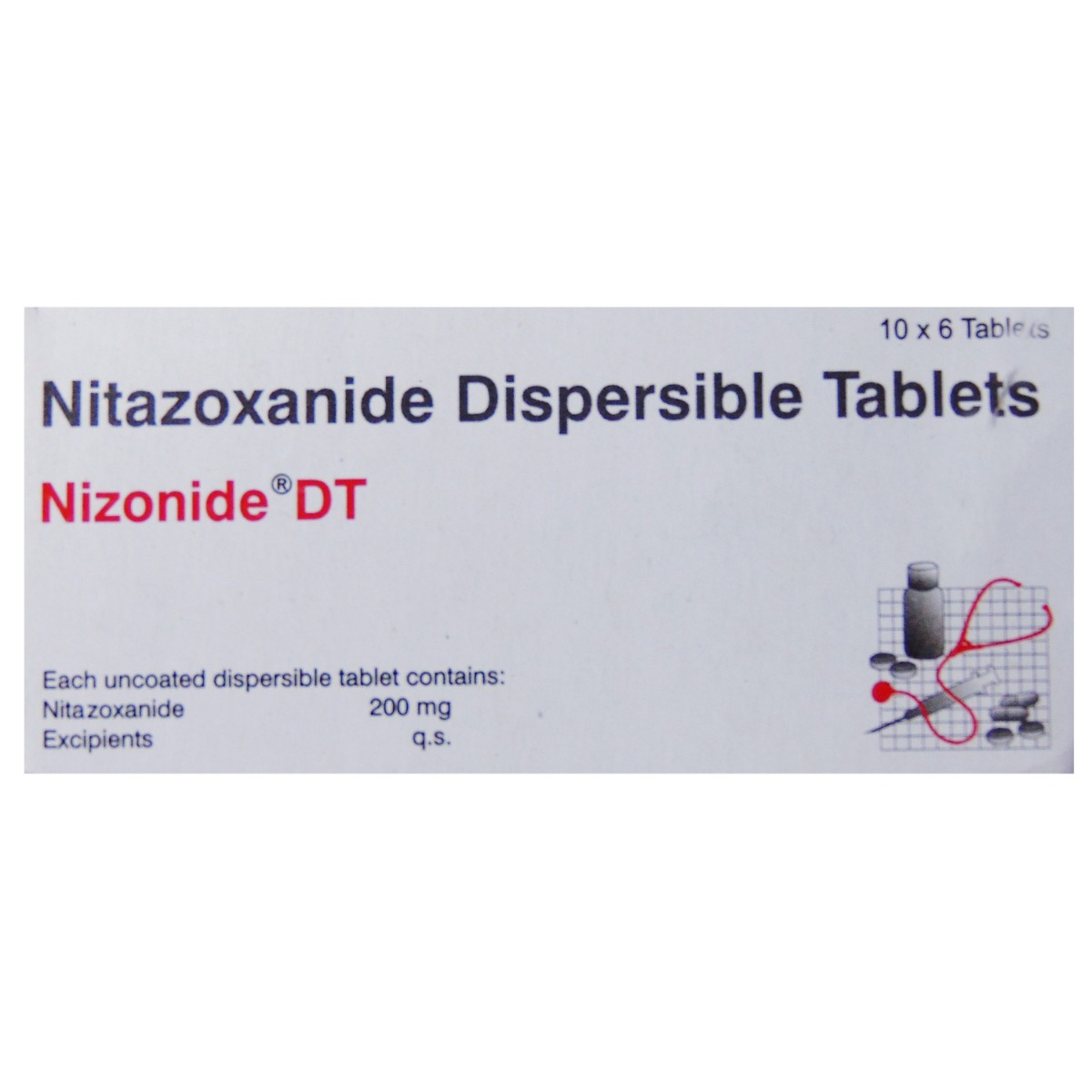


know your delivery time
Provide Delivery Location

Secure Payment

Trusted by 8 Crore Indians

Genuine Products
Therapeutic Class
Country of origin
Manufacturer/Marketer address
Author Details
We provide you with authentic, trustworthy and relevant information
FAQs
NIZONIDE DT 200MG TABLET contains Nitazoxanide. It is an antiprotozoal and antiviral drug that inhibits the production of chemical substances required for energy metabolism and growth of parasites, thus treating diarrhoea.
Please let your doctor know if you have a history of allergic reactions to medicines, liver or kidney diseases, asthma, weakened immune system, and diabetes before starting NIZONIDE DT 200MG TABLET.
If you miss a dose, take it as soon as you remember. However, if it is time for the next scheduled dose, skip the missed dose and follow your usual dosage.
Do not stop using NIZONIDE DT 200MG TABLET even if you feel better until the doctor's advised course is finished. Your symptoms may improve, but the infection may not be cured completely.
Disclaimer
Alcohol
Safe if prescribed
Alcohol consumption may worsen the side effects of NIZONIDE DT 200MG TABLET like dizziness. It is better to avoid alcohol while you are being treated with NIZONIDE DT 200MG TABLET.
Pregnancy
Consult your doctor
There is limited data on how the NIZONIDE DT 200MG TABLET affects pregnancy. NIZONIDE DT 200MG TABLET should be used during pregnancy only if the benefit outweighs the risk. Please consult your doctor if you are planning to become pregnant or already pregnant before starting NIZONIDE DT 200MG TABLET.
Breast Feeding
Consult your doctor
NIZONIDE DT 200MG TABLET is excreted into the breast milk while used by a breastfeeding mother. Please consult your doctor before taking NIZONIDE DT 200MG TABLET if you are breastfeeding.
Driving
Safe if prescribed
Do not drive or operate machinery if you experience any dizziness while using NIZONIDE DT 200MG TABLET.
Liver
Consult your doctor
Please take NIZONIDE DT 200MG TABLET with caution and doctor's advice if you have a history of liver diseases/conditions.
Kidney
Consult your doctor
Please take NIZONIDE DT 200MG TABLET with caution and doctor's advice if you have a history of kidney diseases/conditions.
Children
Safe if prescribed
NIZONIDE DT 200MG TABLET is not recommended for children less than one year of age.
Product Substitutes
About NIZONIDE DT 200MG TABLET
NIZONIDE DT 200MG TABLET belongs to the class of 'antiprotozoal and antiviral' drugs, primarily used to treat diarrhoea caused by parasite infections of the intestines (Cryptosporidium parvum and Giardia lamblia). NIZONIDE DT 200MG TABLET also treats protozoa infections caused by single-cell parasites that live in moist places like lakes, streams, and soil. Diarrhoea is a condition that causes the frequent passing of loose or watery stools.
NIZONIDE DT 200MG TABLET contains Nitazoxanide, which belongs to the class of drugs known as thiazolides. Nitazoxanide is a broad-spectrum anti-parasitic medication. It inhibits the production of chemical substances required for energy metabolism and growth of protozoa, helminths (worm-like parasites), anaerobic (microbes that survive without oxygen), and microaerophilic (requires little oxygen to survive) and viruses. Nitazoxanide is effective in the treatment of gastrointestinal infections.
Please take NIZONIDE DT 200MG TABLET in the dose and duration prescribed by your doctor based on your medical condition. NIZONIDE DT 200MG TABLET is generally safe to use. However, some may experience side effects like nausea, vomiting, stomach pain, fever, hair loss, dizziness, giddiness, and headache. Most of these side effects of NIZONIDE DT 200MG TABLET do not require medical attention and gradually resolve over time. If these side effects persist longer, please consult your doctor.
Inform your doctor if you have any liver or kidney diseases asthma, and weakened immune system before starting NIZONIDE DT 200MG TABLET. If you are allergic to NIZONIDE DT 200MG TABLET or any other medicines, please tell your doctor. Do not suddenly stop this medicine to avoid unpleasant side effects and sudden withdrawal symptoms. Intake of probiotics, prebiotics, and plenty of fluids is recommended if you are suffering from diarrhoea. Pregnant and breastfeeding women should use NIZONIDE DT 200MG TABLET with proper consultation and caution. Do not drive or operate heavy machinery after taking NIZONIDE DT 200MG TABLET as it may cause dizziness.
Uses of NIZONIDE DT 200MG TABLET
Medicinal Benefits Mweb
Key Benefits
NIZONIDE DT 200MG TABLET contains Nitazoxanide, which belongs to the class of drugs known as thiazolides. Nitazoxanide is a broad-spectrum anti-parasitic, antiprotozoal, and antiviral medication, primarily used to treat diarrhoea. It inhibits the production of chemical substances required for energy metabolism and growth of protozoa, helminths (worm-like parasites), anaerobic (microbes that survive without oxygen), and microaerophilic (requires little oxygen to survive) and viruses. Nitazoxanide is effective in the treatment of gastrointestinal parasite infections, including Cryptosporidium parvum and Giardia lamblia.
Directions for Use
Side Effects of NIZONIDE DT 200MG TABLET
- Nausea
- Vomiting
- Stomach pain
- Fever
- Hair loss
- Dizziness
- Giddiness
- Headache
Drug Warnings
Inform your doctor if you have any liver or kidney diseases, asthma, diabetes, and a weakened immune system before starting NIZONIDE DT 200MG TABLET. If you are allergic to NIZONIDE DT 200MG TABLET or any other medicines, please tell your doctor. Do not take NIZONIDE DT 200MG TABLET on your own since it may lead to antibiotic-resistance failing the antibiotics to act against specific infections. Do not suddenly stop this medicine to avoid unpleasant side effects and sudden withdrawal symptoms. Please consult your doctor if you are planning to become pregnant or already pregnant before starting NIZONIDE DT 200MG TABLET. Do not drive or operate heavy machinery after taking NIZONIDE DT 200MG TABLET as it may cause dizziness. NIZONIDE DT 200MG TABLET is not recommended for children less than one year of age.
Drug-Drug Interactions
Drug-Drug Interactions
Login/Sign Up
Drug-Food Interactions
Drug-Food Interactions
Login/Sign Up
Drug-Diseases Interactions
Drug-Diseases Interactions
Login/Sign Up
Drug-Drug Interactions Checker List
- WARFARIN
- LORAZEPAM
- VALPROIC ACID
Habit Forming
Diet & Lifestyle Advise
- Antibiotics can alter the useful bacteria in the stomach. Therefore, you are advised to take foods rich in probiotics such as yoghurt/curd, kefir, sauerkraut, tempeh, kimchi, miso, kombucha, buttermilk, natto, and cheese.
- Eat fibre rich food like whole grains, beans, lentils, berries, broccoli, peas, and bananas.
- Avoid foods rich in calcium, grapefruit, and grapefruit juice as they might hinder antibiotic's absorption.
- If you have diarrhoea try to drink appropriate amounts of fluids to avoid dehydration.
- If you have minor diarrhoea (less than four stools daily) drinking caffeine-free soft drinks, juices or sport rehydration drinks can be sufficient.
- If the diarrhoea is more severe, specially formulated rehydration drinks should be taken.
- Avoid alcoholic beverages with NIZONIDE DT 200MG TABLET as it can make you dehydrated and may affect your sleep. This can make it harder for your body to aid the NIZONIDE DT 200MG TABLET in fighting off infections.
All Substitutes & Brand Comparisons
RX
Out of StockZimdax 200mg Tablet DT
USV Pvt Ltd
₹29.7
(₹4.46 per unit)
51% CHEAPERRX
Out of StockNitarid 200mg Tablet DT
Cipla Ltd
₹30.31
(₹4.55 per unit)
50% CHEAPERRX
Out of StockZstop 200mg Tablet
Maneesh Pharmaceuticals Ltd
₹32.78
(₹4.92 per unit)
46% CHEAPER

Have a query?
Buy best Gastro Enterology products by
Abbott India Ltd
Sun Pharmaceutical Industries Ltd
Alkem Laboratories Ltd
Cipla Ltd
Torrent Pharmaceuticals Ltd
Intas Pharmaceuticals Ltd
Mankind Pharma Pvt Ltd
Lupin Ltd
Dr Reddy's Laboratories Ltd
Aristo Pharmaceuticals Pvt Ltd
Alembic Pharmaceuticals Ltd
Wallace Pharmaceuticals Pvt Ltd
La Renon Healthcare Pvt Ltd
Leeford Healthcare Ltd
Macleods Pharmaceuticals Ltd
J B Chemicals & Pharmaceuticals Ltd
Zydus Healthcare Ltd
Micro Labs Ltd
Zydus Cadila
Fourrts India Laboratories Pvt Ltd
Morepen Laboratories Ltd
Zuventus Healthcare Ltd
FDC Ltd
Eris Life Sciences Ltd
Cadila Pharmaceuticals Ltd
Medishri Healthcare Pvt Ltd
Alniche Life Sciences Pvt Ltd
Medley Pharmaceuticals Ltd
Tas Med India Pvt Ltd
Signova Pharma
Tablets India Ltd
Elder Pharmaceuticals Ltd
Wockhardt Ltd
Emcure Pharmaceuticals Ltd
Sanatra Healthcare Ltd
Glenmark Pharmaceuticals Ltd
Blue Cross Laboratories Pvt Ltd
East West Pharma India Pvt Ltd
Hetero Drugs Ltd
Indoco Remedies Ltd
Vasu Organics Pvt Ltd
Biological E Ltd
Primus Remedies Pvt Ltd
Akumentis Healthcare Ltd
Corona Remedies Pvt Ltd
Pfizer Ltd
Albert David Ltd
DR Johns Lab Pharma Pvt Ltd
Ajanta Pharma Ltd
Cadila Healthcare Ltd
Ipca Laboratories Ltd
Ordain Health Care Global Pvt Ltd
Systopic Laboratories Pvt Ltd
Ozone Pharmaceuticals Ltd
Foregen Healthcare Ltd
Medgen Drugs And Laboratories Pvt Ltd
Panacea Biotec Ltd
Samarth Life Sciences Pvt Ltd
Shine Pharmaceuticals Ltd
Adonis Laboratories Pvt Ltd
Dey's Medical Stores (Mfg) Ltd
Eskag Pharma Pvt Ltd
Hetero Healthcare Pvt Ltd
Indchemie Health Specialities Pvt Ltd
Meyer Organics Pvt Ltd
RPG Life Sciences Ltd
Troikaa Pharmaceuticals Ltd
Biochem Pharmaceutical Industries Ltd
Shreya Life Sciences Pvt Ltd
Sinsan Pharmaceuticals Pvt Ltd
3M India Ltd
Chemo Healthcare Pvt Ltd
Levin Life Sciences Pvt Ltd
Meridian Enterprises Pvt Ltd
Overseas Health Care Pvt Ltd
Saf Fermion Ltd
Sanzyme Pvt Ltd
Steris Healthcare
USV Pvt Ltd
Seagull Pharmaceutical Pvt Ltd
Votary Laboratories (India) Ltd
Win Medicare Ltd
Yuventis Pharmaceuticals
Aar Ess Remedies Pvt Ltd
Caplet India Pvt Ltd
Piramal Enterprises Ltd
Sanofi India Ltd
Cnx Health Care Pvt Ltd
Galpha Laboratories Ltd
Intra Labs India Pvt Ltd
Kinesis Pharmaceuticals Pvt Ltd
Msn Laboratories Pvt Ltd
Olcare Laboratories Pvt Ltd
Rapross Pharmaceuticals Pvt Ltd
Ronyd Healthcare Pvt Ltd
Saffron Therapeutics Pvt Ltd
Solariz Healthcare Pvt Ltd
Syndicate Life Sciences Pvt Ltd
Aurz Pharmaceutical Pvt Ltd
Biophar Lifesciences Pvt Ltd
Frequently Bought Together
₹103.3
MRP ₹124
17% off
4
+₹185.4
MRP ₹206
10% off
1
+₹270.7
MRP ₹318.5
15% off
1
+Customers Also Bought




